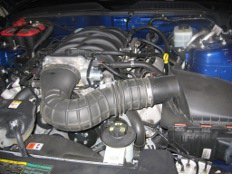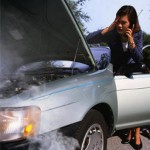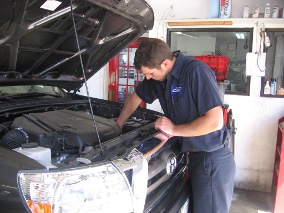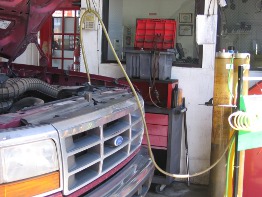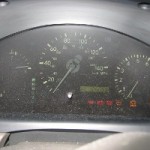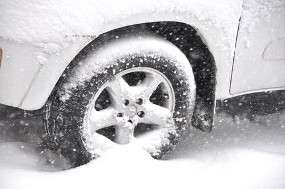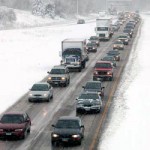During the winter months when the weather is constantly changing here in Colorado and you never know for sure what the driving conditions will be for each day, it’s very important to stay current with our auto repair, especially when it comes to our brakes. Existing brake problems can become worse in the winter when we are driving in conditions that cause traction to be reduced. Bring your vehicle in and have the brakes inspected to make sure they will perform correctly and keep you safe while you are driving in winter weather.
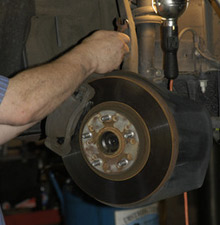 The simplest way to keep your brakes from failing is to have your vehicle regularly maintained. It’s also important to listen carefully to your car. Brakes will squeak, click or grind when there is a problem, its just a matter of listening and discovering when the noises change. Take note of any changes. As well as hearing squeaking or grinding noises when you apply the brakes, you might feel a pulse in your brake pedal, or a grabbing or pulling to one side or the other. These are all indications that it might be time to stop in at the auto repair shop and have the brakes checked out.
The simplest way to keep your brakes from failing is to have your vehicle regularly maintained. It’s also important to listen carefully to your car. Brakes will squeak, click or grind when there is a problem, its just a matter of listening and discovering when the noises change. Take note of any changes. As well as hearing squeaking or grinding noises when you apply the brakes, you might feel a pulse in your brake pedal, or a grabbing or pulling to one side or the other. These are all indications that it might be time to stop in at the auto repair shop and have the brakes checked out.
Having your brakes inspected regularly is the best way to avoid brake failure. But sometimes despite our best efforts, something happens and the brakes fail! In case this happens to you, here are some tips that might help make the experience a little less frightening.
- Don’t panic. The calmer you remain, the more likely you will be able to steer your vehicle to a safe stop.
- Turn on your turn signal and carefully try to get your vehicle to the right lane. Watch your mirrors so you can avoid hitting another car.
- When you reach the right lane, put on your hazard lights. This will let other drivers know that you are having a problem and allow them to steer away from your car.
- Take your foot off the gas pedal, downshift to a lower gear and allow the car to slow down. You can downshift even if your car doesn’t have a manual transmission, move the shifter from “Drive” or “D” to “Low” of “L”.
- Steer your car onto the right shoulder of the road, and then shift your vehicle into neutral. Gradually apply the hand brake (emergency brake) until the vehicle comes to a stop. Pull the hand brake slowly to keep control over the vehicle.
For all of your Denver Auto Repair needs, trust Express Car Care. Call (303) 691-2760 or stop by our shop today.

